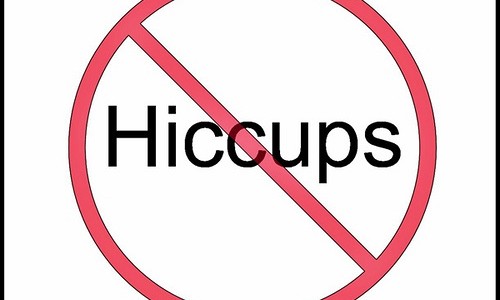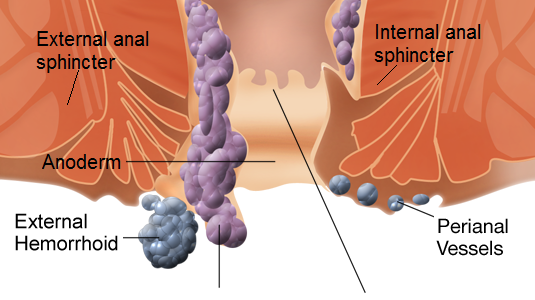Written by Heather Richards
Most of us have goals, whether it is losing weight, getting a better job, or graduating from college. Some of us want to start a family, while others want to learn how to cook. Unfortunately, most of us lose steam and can’t focus on our goals long enough to achieve the things we want in life. This is especially true for long-term goals.
But there are ways you can stay focused and get the desires of your heart. If you’re having trouble reaching your goals, you’re not alone. Here are a few tips on how to set and reach your goals:
Focus on One Goal at a Time
Many of us have multiple plans in our minds at the same time. We set our goals and try to find time and energy for each one, always balancing various plans. But there is another method we can use that helps us reach our goals faster. This method is focusing on one goal at a time.
Dr. Eric Amidi often writes about this strategy and says that we should focus on one desire or goal first. In a recent blog post the quantum physicist uses the example of the cheetah’s hunting technique to illustrate his point. He says that a cheetah has the ability to focus on a single gazelle and will use all of its energy to run after and capture that one gazelle, even if he runs next to other gazelles during the chase. Dr. Eric Amidi adds that chances are you will learn a lot about yourself by reaching the first goal and you can use the insight to help you reach the next one.
Enjoy the Process
One of the problems with setting goals is that a goal is not realized until a certain time in the future, it’s a place you haven’t reached yet. For this reason many people who set goals are simply not happy or satisfied until they’ve reached their goals. It is this unhappiness that causes many to give up on their dreams.
The key to staying happy until you reach your goal is to enjoy the journey or process along the way. According to an article in Psychology Today written by James Clear, the solution is to “commit to a process, not a goal.” He writes that many people feel as though they’re not good enough until they reach their goal, but this is just not the case. With this mindset, people avoid feeling happy until “the next milestone is achieved.”
This point of view is further explored by Dr. Eric Amidi who also agrees that we should not separate our goals from the process or journey it takes to achieve them. He suggests that the goal and the process are the same.






